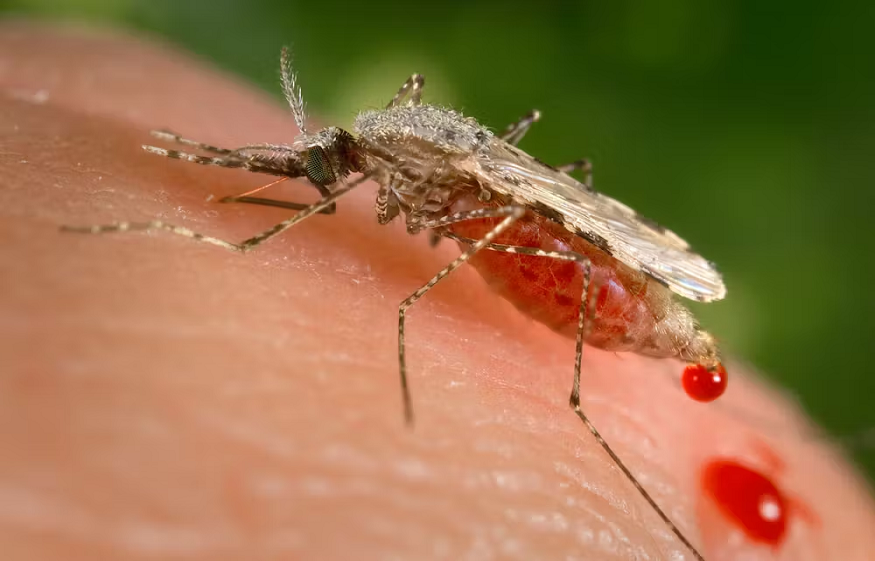Summer nights can become miserable with that high-pitched whine resonating through the air. Your tranquil outdoor meal devolves into a swat-fest. It is impossible to sleep, as small wings make the most annoying soundtrack. These rattling pests bother us in more ways than just their incessant noise. They bite you, sting you, and transmit diseases that sicken millions of people around the world annually.
The constant hum causes stress and anxiety for many homeowners. For some, these buzzing tormenters become true phobias. Some can’t sleep through the night, leading to a decline in productivity and state of mind. The economic effect is not small either. Americans pay more than $2.5 billion per year to look after pesky pests, with flying insects a chief pest.
These winged invaders destroy your property, spread disease, and can even threaten your health. From backyard cookouts to bedroom retreats, it often feels like nowhere is safe from them. The impact on quality of life from needing to keep constant watch for these buzzing creatures is huge.
Professionals possess the equipment and expertise to track problem spots and implement pest control solutions that provide long-term results. Check it out our blog post below to understand more.
Which Pest Will Win a Grammy For Annoying Buzz?
The mosquito would unequivocally win the Grammy for “Most Annoying Buzz”. A more high-pitched whine between 400- 600Hz, that you can’t help but hate immediately.
This notorious buzz is made by female mosquitoes flapping their wings at high speed. They beat their wings as much as 800 times a second, creating the piercing whine that indicates danger. We humans can have an instantaneous stress response to this sound as we have learned to associate it with an impending bite and possible disease.
Studies show that the sound of mosquitoes buzzing can trigger the very same brain regions linked with fear and anxiety. The frequency just happens to be in the sweet spot of what the human ear finds most irritating. They lack the lower-end buzz of other flying invertebrates — it is more of a whine — but mosquitoes are nevertheless experts in the art of acoustic annoyance.
Other Categories For Pests To Win a Grammy and Why
Lifetime Achievement Award – The Wasp
Wasps earned this distinction through decades of tormenting outdoor picnics. The ferocious buzz is both a warning and a threat. Wasps have stingers long enough, in contrast to bees, they can strike you multiple times, and their angry buzzing is aggressive.
A wasp’s buzz level is relative to how happy or hard they are working. When disturbed, their wing beat frequency accelerates far beyond its normal pace, producing an alarm like no other, and sending folk diving for cover.
Most Persistent Performance – Flies Around Garbage
Cluster flies and blow flies near waste areas should be honored for their service commitment. They have a continual buzzing presence around rubbish bins, compost heaps, and pet droppings. Their prolonged presence in these areas constitutes continuous noise pollution for the residents in the vicinity.
Best Original Soundtrack – Cicadas
The insects create the loudest sound of any insect on the planet, hitting volumes as high as 120 decibels. Male cicadas form their unique calls with the help of organs called tymbals. These are heard from a little more than a mile off in the height of the season.
Their harmonizing chorales turn peaceful neighborhoods into sonic battlegrounds. Some emerge every 17 years, producing unforgettable summer soundtracks that residents carry with them for decades.
Best Supporting Actor – The Housefly
Somewhere in the background, houseflies have been kind of amazing. They produce a lower-pitched buzz that is the exact annoying sound to accompany any indoor activity. Erratic in flight and with a habit of perching on food, they are great animated props in the pest drama.
These little insects flap their wings up to 200 times per second, producing a constant whine that compounds into an overall high-pitched whir that gradually makes you insane.

